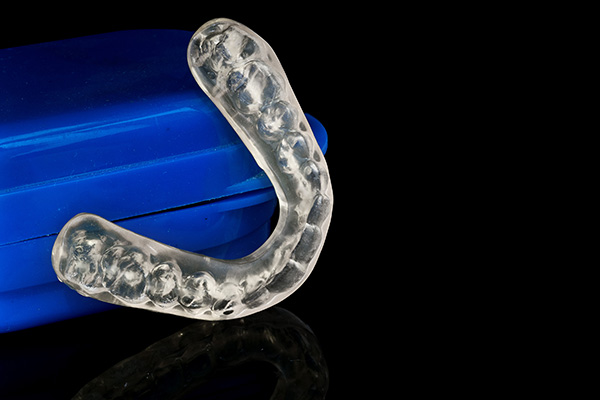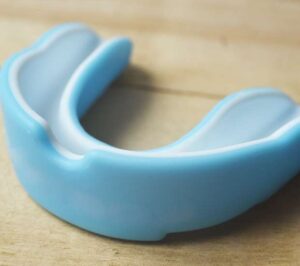 Bruxism is the medical term that refers to grinding the teeth during sleep, something which night guards may help prevent. Grinding is not just annoying but can also cause damage to the teeth, as well as a variety of other health problems. A dentist can perform an exam to determine the extent of the damage and make suggestions for correcting the problem.
Bruxism is the medical term that refers to grinding the teeth during sleep, something which night guards may help prevent. Grinding is not just annoying but can also cause damage to the teeth, as well as a variety of other health problems. A dentist can perform an exam to determine the extent of the damage and make suggestions for correcting the problem.
Problems associated with bruxism
Although the person who is affected may not even be aware of the grinding that takes place during the night, a good deal of damage can occur. The following are issues that may need to be addressed by the dentist during an exam:
How grinding causes tooth damage
The muscles associated with the bite reflex are some of the strongest in the body. When grinding of the teeth takes place, these powerful muscles are overworked for hours on end. It does not take much imagination to understand how bruxism can leave patients in a good deal of pain or discomfort. It is necessary to block the movement if possible to stop the damage from becoming worse.
How night guards are fitted
Night guards are a viable solution for tooth grinding. They are made from impressions of a patient’s mouth taken in the dentist’s office so they fit perfectly and are custom to the individual patient. Because they need to protect the surface of the teeth, the guards are made of a firm acrylic material that is break- and crack-resistant and should not impede free breathing or swallowing or make speaking difficult.
What guards can do to prevent more damage
For a milder case of grinding, a guard may be fitted to the top or bottom teeth only. This alone can provide a measure of protection as the acrylic can neither wear down the surface of the lower teeth nor become worn down by them. In the case of a patient with orthodontics, a lower guard may be needed as well. A dentist can also make adjustments to the bite through the use of a night guard, which could potentially correct or reduce the grinding.
Check out what others are saying about our dental services on Yelp: Night Guards in Tamarac, FL.
Conclusion
Wearing night guards may not seem like a pleasant prospect, but when fitted properly by a dental professional and worn on a regular basis, these devices can make a big difference to a patient’s general oral health. Tooth damage, tension headaches and lasting stress issues caused by teeth-grinding can be decreased, leaving a person feeling healthier and better rested.
Request an appointment or call The Dental Place of Tamarac at 954-271-8072 for an appointment in our Tamarac office.
Related Posts
When gums start to recede and pull away from the teeth, it can alter the appearance of the smile and leave the teeth vulnerable to decay. A cosmetic dentist may fix receding gums, restoring the smile’s appearance. While the focus will be on aesthetics, some cosmetic dental procedures may also protect your oral health.Gum recession…
A cosmetic dentist focuses on the appearance of a patient’s smile, while a general addresses oral health and function. Though their priorities differ, both play important roles in maintaining the smile. Understanding these differences helps patients determine which type of care matches their needs.A general dentist is a primary care provider for oral health who…
Cosmetic dentistry services have become increasingly popular in recent years. From professional teeth whitening to dental veneers, cosmetic dentists specialize in improving the appearance of your teeth and smile. Here are five reasons to choose a cosmetic dentist for your cosmetic dentistry services.Cosmetic dentists undergo additional training beyond dental school. During this education, they focus…
We are committed to providing quality healthcare to families located in the Tamarac area and treat patients of all ages.
The Dental Place of Tamarac
7300 W McNab Rd Ste 115
Tamarac, FL 33321
Phone: (954) 271-8072
Book Your Appointment Today!




